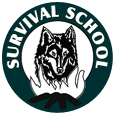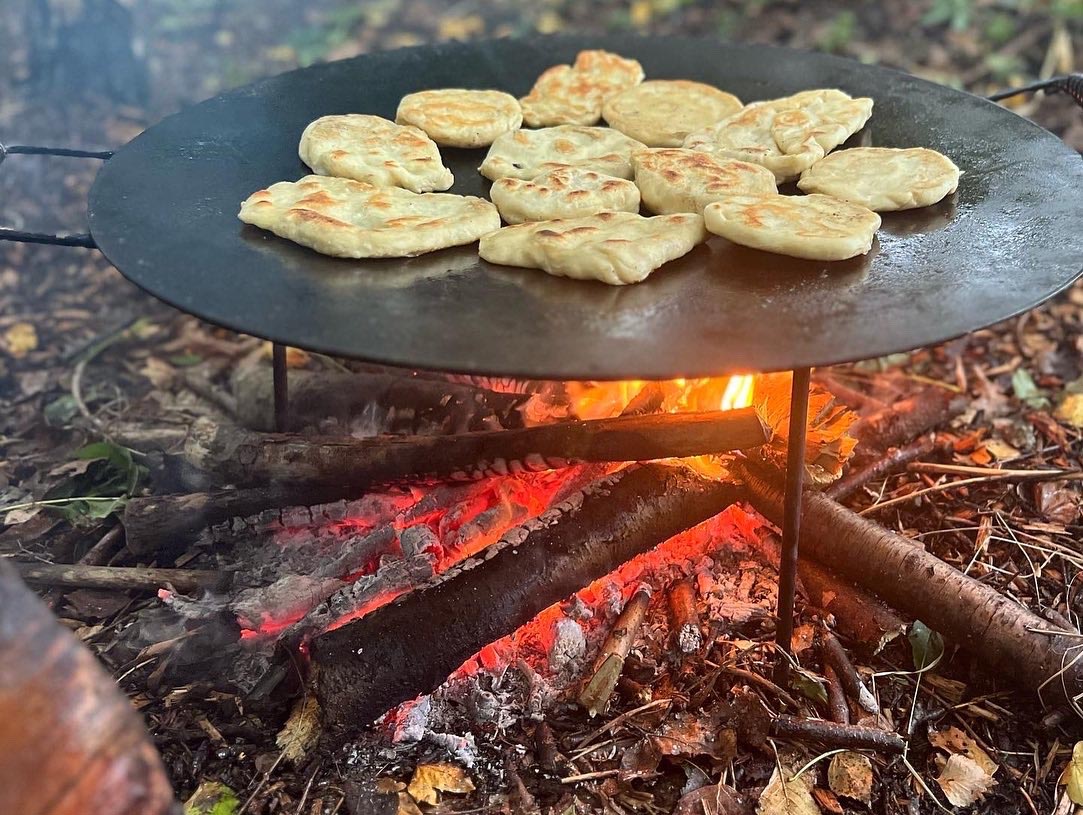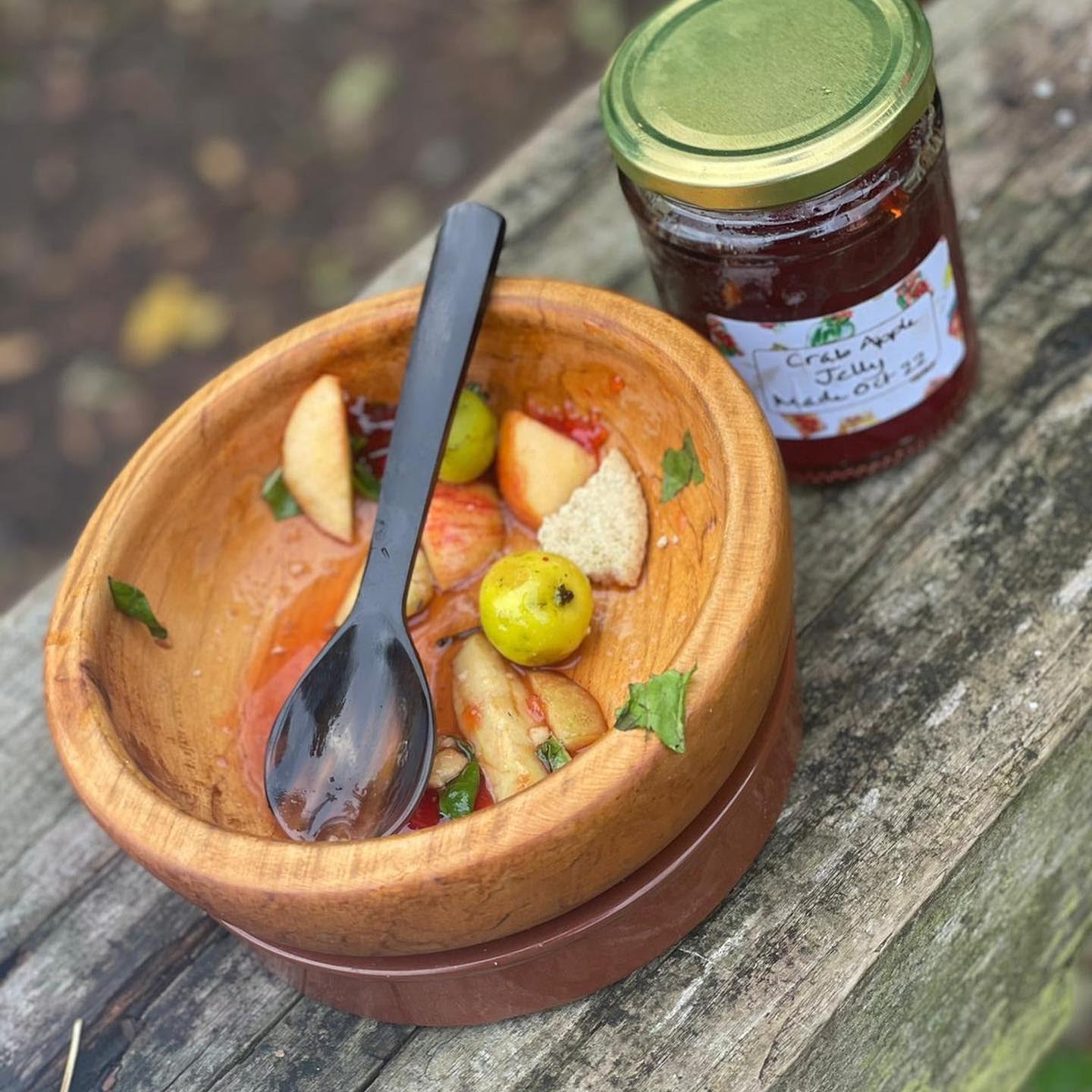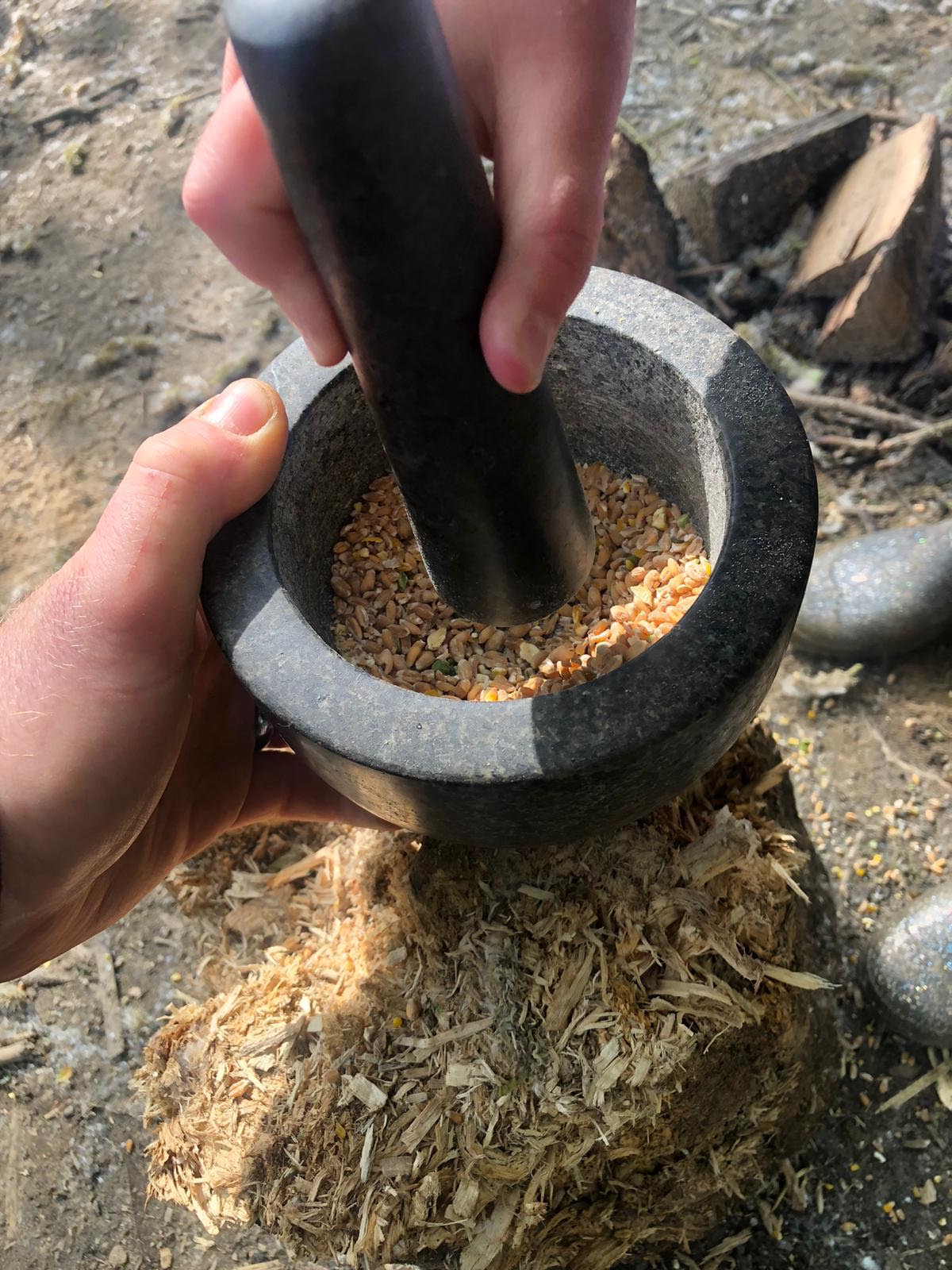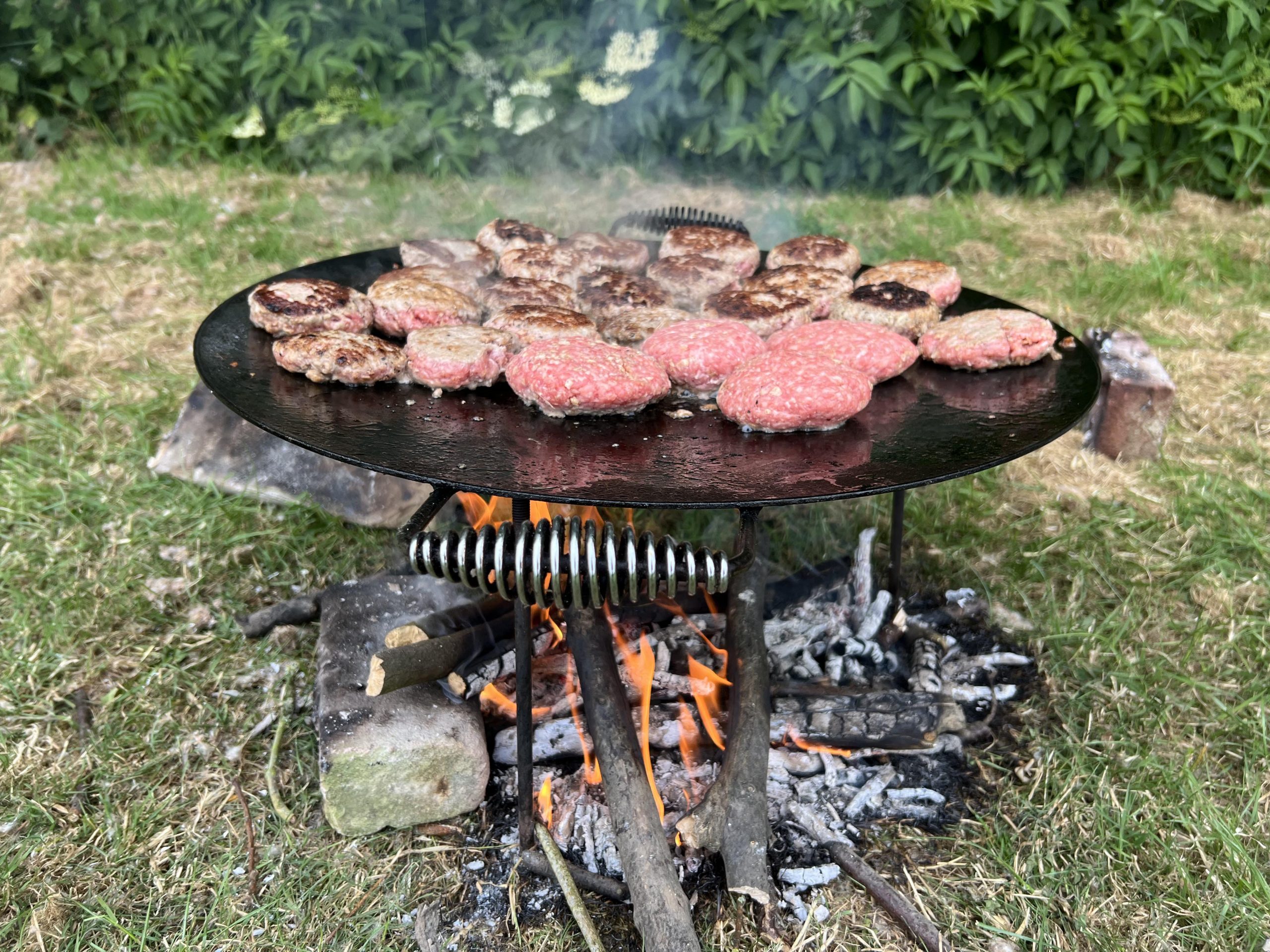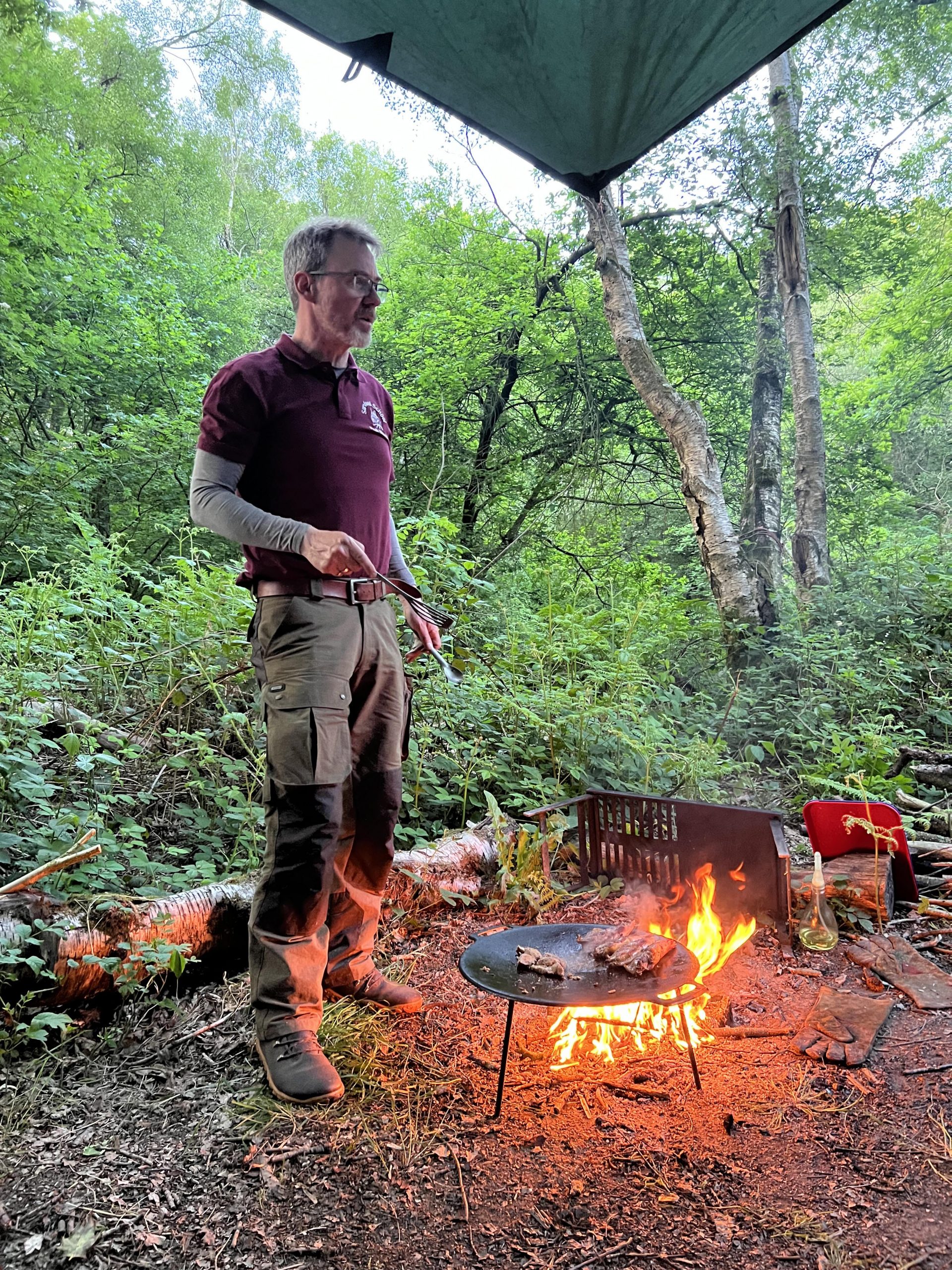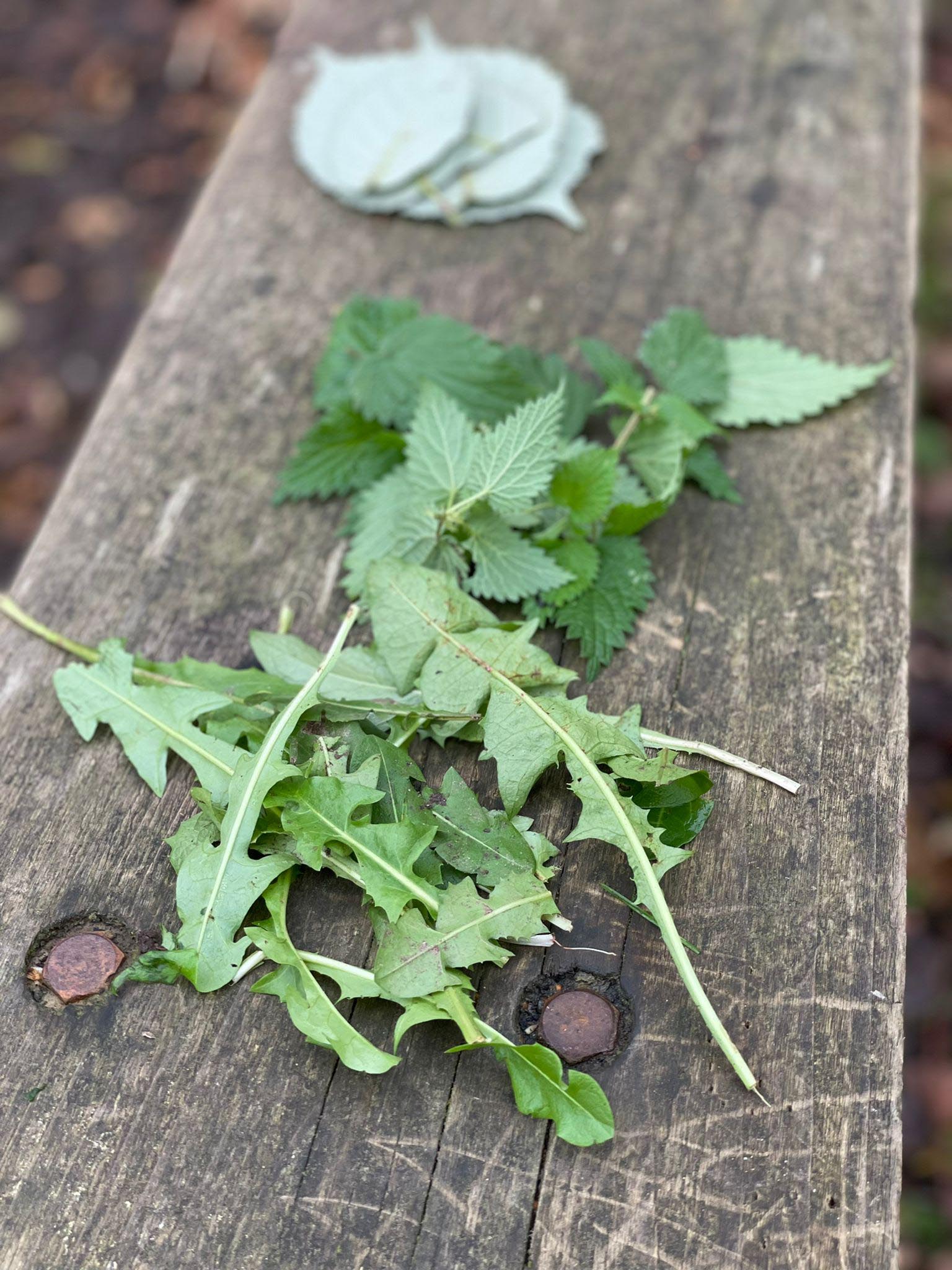Description
The Aim of this course is to introduce you to the massive range of edible, medicinal and poisonous plants that are to be found in our woodlands, fields and hedgerows. We will also be looking at tree identification and uses for those different woods.
The course is also designed so that you can learn to cook the ingredients and get the most from your meals.
This course is self catering, we will be cooking edible, foraged food. However please bring your preference of food with you this is due to group size and foraged ingredients availability.
You’ll need to bring with you:
- Suitable outdoor clothing (see below)
- Sleeping bag
- Insulated sleeping mat
- Knife, fork, spoon, mug, bowl and plate
- Water bottle (1 litre mineral water bottle will do)
- Head torch with fresh batteries & 1 spare set
- Wash kit & towel
- Pair of gardening gloves or similar for dealing with nettles and brambles
- Whistle
- Personal toiletries & medication (to include toilet paper, sunscreen, insect repellent and lip salve)
- Antibacterial wipes/soap
- Tea or Coffee + whitener
- Small first aid kit (plasters, bandages, headache pills etc.)
- Spare change of clothing
- Camera + Notebook + pen (optional)
- Hammock, Tarp or Tent
- Whistle
- Sheath Knife (If you have one please bring it – if not one will be supplied)
- Saw (If you have one please bring it – if not one will be supplied)
- Billy Can and Stove
Outdoor clothing
Outdoor clothing should be tough and comfortable. Wearing several thin layers is better than a few thick layers. A waterproof jacket and several sweatshirts underneath are sufficient. Jeans should not be worn, as they are slow to dry, clinging and cold. Natural colours or camouflage will give you a better chance of spotting wildlife. Walking boots are ideal, but wellies in wet weather and trainers in dry weather will suffice.
Food
You will also need to bring food for the weekend (2 x breakfast, 1 x lunch and 2 x evening meals). You can cook over the camp fire, or you can bring your own stove. Hot water is provided as the kettle will be over the fire all through the course.
